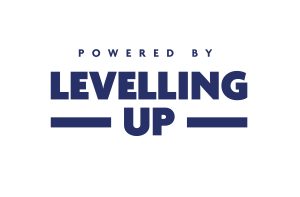Business Support
Business support through the Growth Hub
We offer free business advice and support services to businesses in Devon, Somerset, Plymouth and Torbay. Whether you need advice on how to access funding, business planning or on a specific business challenge, we can help.
At the Growth Hub, we have business advisers who are experienced in helping businesses at all stages of development as well as specific support programmes, a network of industry and local authority experts, useful resources and free events to help your business grow and develop.
While some of our support in provided in-house, our advisers can connect you with the most appropriate support providers to answer your specific questions.
Direct and free business support is just an email or phone call away. Get in touch with our team today.



